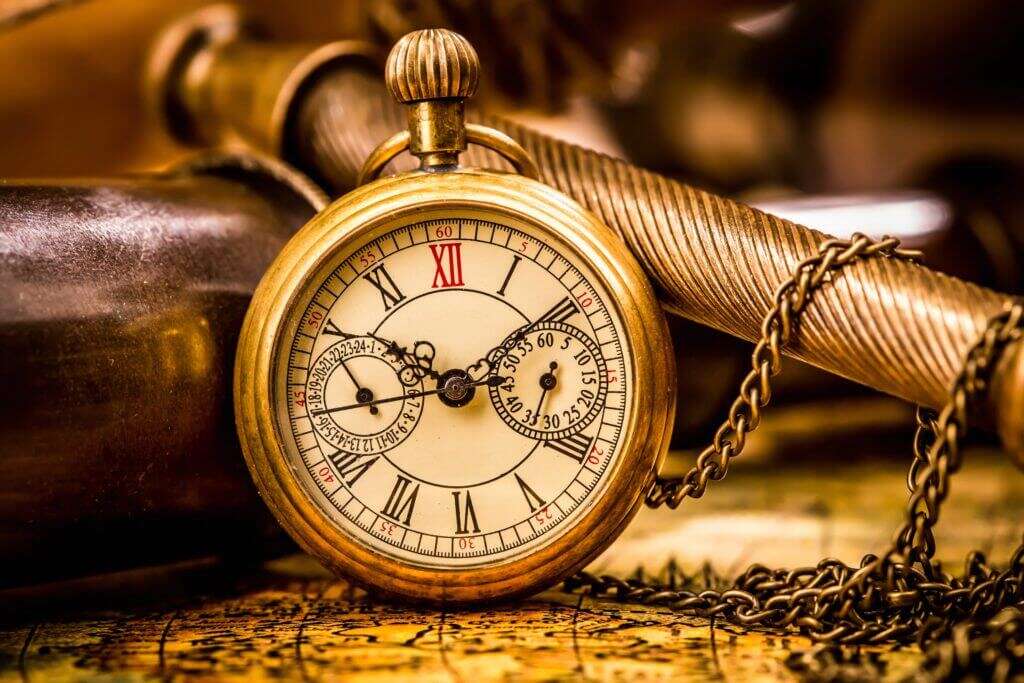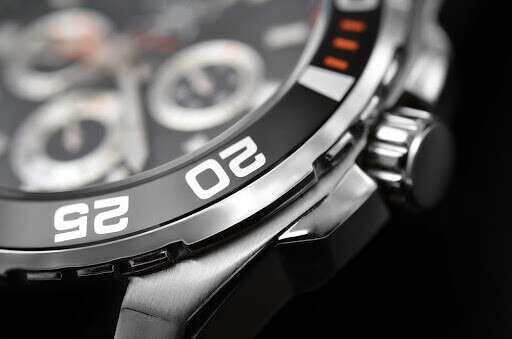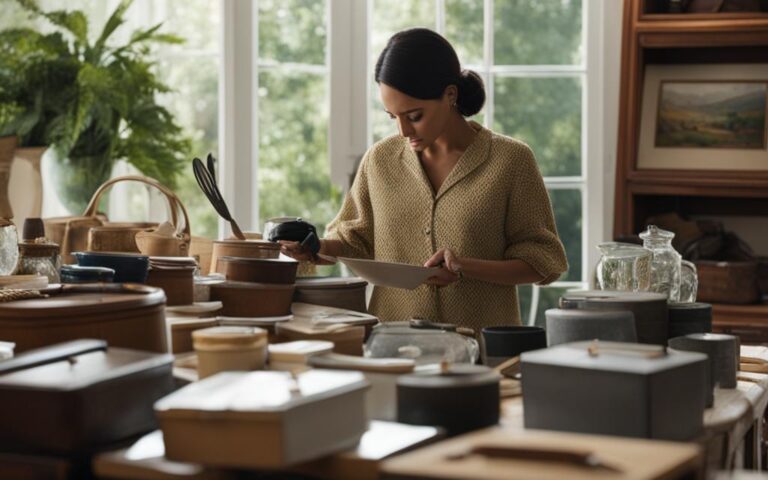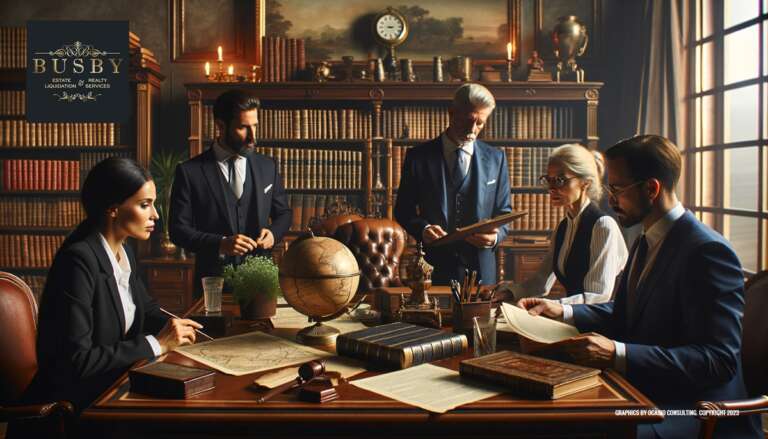Top 10 list of what Estate Furniture buyers are looking for
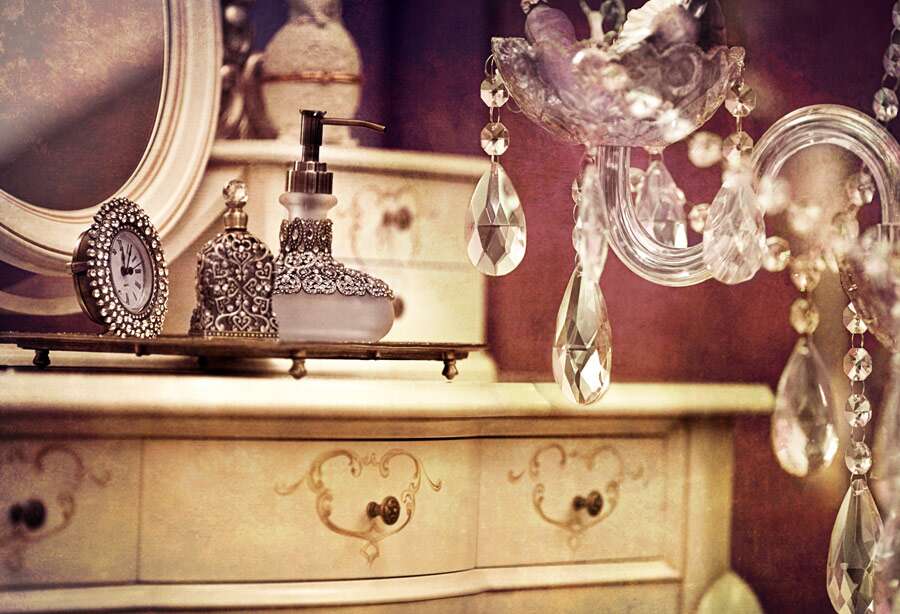
Introduction
Estate furniture is a term used to describe furniture that has been passed down from generation to generation or acquired through an estate sale. Estate furniture buyers are individuals or businesses that purchase estate furniture for personal use, resale, or to add to their collection.
Estate furniture is unique in that it has a rich history and often tells a story of its past. In this article, we will explore the top 10 things estate furniture buyers are looking for.
Historical Background
Estate furniture has been around for centuries and has a rich historical significance. Estate furniture is often associated with the wealthy and privileged and has been used to denote social status.
During the 19th century, estate furniture was a symbol of luxury and was often custom made for wealthy families. Today, estate furniture has become more accessible and is often sold at estate sales and auctions.
Characteristics of Estate Furniture Buyers
Estate furniture buyers come from all walks of life and are often motivated by their love for history and the story behind each piece of furniture. They appreciate the unique craftsmanship of each piece and the historical significance it holds.
Estate furniture buyers are often collectors and take pride in their collection. They are typically middle-aged or older, have a higher income, and are well-educated.
Top 10 Things Estate Furniture Buyers are Looking For
Quality
Estate furniture buyers are looking for quality pieces that are built to last. They look for furniture made with high-quality materials and fine craftsmanship.
Quality is important to estate furniture buyers because they want to invest in pieces that will stand the test of time.
Rarity
Estate furniture buyers are also looking for pieces that are rare and hard to find. They want pieces that are unique and will make a statement in their home or collection.
Rarity is important to estate furniture buyers because it adds value to the piece and makes it more desirable.
Provenance
Provenance is another important factor for estate furniture buyers. Provenance refers to the history and origin of the piece. Estate furniture buyers want to know where the piece came from and who owned it. They appreciate pieces with a rich history and a story to tell.
Style
Estate furniture buyers are looking for pieces that fit their personal style and taste. They appreciate a wide variety of styles, from traditional to modern.
Style is important to estate furniture buyers because they want pieces that will complement their existing decor and add to the overall ambiance of their home.
Condition
Condition is an important factor for estate furniture buyers. They want pieces that are in good condition and have been well-maintained.
Estate furniture buyers are willing to invest in restoration and repairs if necessary, but they prefer pieces that are in good condition from the start.
Material
Material is another important factor for estate furniture buyers. They are looking for pieces made from high-quality materials such as solid wood, leather, and high-grade upholstery.
Estate furniture buyers appreciate the unique characteristics of different materials and often seek out specific materials to add to their collections.
Age
Age is another important factor for estate furniture buyers. They appreciate pieces that are antique or vintage and have a rich history.
Estate furniture buyers are often drawn to pieces from a specific time period, such as the Victorian era or the Art Deco period.
Functionality
Functionality is important to estate furniture buyers, especially for pieces they plan to use in their home. They want pieces that are practical and functional, as well as aesthetically pleasing.
Estate furniture buyers appreciate pieces that can be used in multiple ways, such as a chest that can also serve as a coffee table.
Price
Price is a consideration for estate furniture buyers, but it is not the most important factor. Estate furniture buyers are willing to pay a premium for quality pieces that meet their criteria.
They are willing to invest in pieces that have value and will hold their value over time.
Convenience
Convenience is a consideration for estate furniture buyers, especially when it comes to transportation and logistics. Estate furniture buyers often purchase pieces that are large and heavy, so they appreciate sellers who offer delivery or shipping options.
Strategies for Estate Furniture Sellers
Understanding the buyer is key to selling estate furniture. Estate furniture sellers should be aware of what estate furniture buyers are looking for and adjust their marketing and presentation accordingly.
Proper marketing and presentation can help estate furniture sellers attract the right buyers and sell their pieces for a higher price.
Estate furniture sellers should focus on creating a story around each piece they are selling. They should highlight the unique features and historical significance of each piece.
They should also provide as much information as possible about the piece, including the materials used, the condition, and the provenance.
Proper presentation is also important for estate furniture sellers. They should display the piece in a way that showcases its unique features and allows potential buyers to imagine it in their own home.
Estate furniture sellers should also be prepared to answer any questions potential buyers may have about the piece.
Conclusion
Estate furniture is a unique and valuable asset that holds historical significance and tells a story of its past. Estate furniture buyers are looking for quality, rarity, provenance, style, condition, material, age, functionality, price, and convenience.
Estate furniture sellers can attract the right buyers and sell their pieces for a higher price by understanding the buyer, proper marketing, and presentation.
FAQs
What is estate furniture?
Estate furniture is furniture that has been passed down from generation to generation or acquired through an estate sale. It often has a rich history and tells a story of its past. Estate furniture can include a wide variety of pieces, from chairs and tables to cabinets and dressers.
Who buys estate furniture?
Estate furniture buyers are individuals or businesses that purchase estate furniture for personal use, resale, or to add to their collection. They are often motivated by their love for history and the unique story behind each piece.
Estate furniture buyers come from all walks of life and are typically middle-aged or older, have a higher income, and are well-educated.
What are estate furniture buyers looking for?
Estate furniture buyers are looking for quality, rarity, provenance, style, condition, material, age, functionality, price, and convenience. They appreciate pieces that have a unique history and a story to tell.
They are often drawn to pieces that are rare or hard to find, as well as pieces that fit their personal style and taste.
What is provenance?
Provenance refers to the history and origin of a piece of estate furniture. It includes information about who owned the piece, where it came from, and any notable events or stories associated with it.
Estate furniture buyers appreciate pieces with a rich provenance because it adds value and makes the piece more desirable.
What is the importance of rarity in estate furniture?
Rarity is important to estate furniture buyers because it adds value and makes the piece more unique. Estate furniture buyers appreciate pieces that are hard to find or one-of-a-kind.
Rarity can also make a piece more desirable for collectors, who are often willing to pay a premium for a rare piece.
Why is quality important for estate furniture buyers?
Quality is important to estate furniture buyers because they want to invest in pieces that will stand the test of time. They are looking for furniture made with high-quality materials and fine craftsmanship.
Quality pieces are often more durable and hold their value over time, making them a better investment for estate furniture buyers.
What are some popular styles of estate furniture?
Estate furniture can include a wide variety of styles, from traditional to modern. Some popular styles of estate furniture include Victorian, Art Deco, Mid-Century Modern, and Shabby Chic.
Estate furniture buyers are often drawn to specific styles based on their personal taste and the overall ambiance of their home.
How do estate furniture buyers appreciate different materials?
Estate furniture buyers appreciate the unique characteristics of different materials, such as solid wood, leather, and high-grade upholstery.
They often seek out specific materials to add to their collection and appreciate the craftsmanship that goes into creating pieces from high-quality materials.
Why is functionality important for estate furniture buyers?
Functionality is important to estate furniture buyers, especially for pieces they plan to use in their home. They want pieces that are practical and functional, as well as aesthetically pleasing.
Estate furniture buyers appreciate pieces that can be used in multiple ways, such as a chest that can also serve as a coffee table.
What are some strategies for estate furniture sellers to attract the right buyers?
Estate furniture sellers can attract the right buyers and sell their pieces for a higher price by understanding the buyer, proper marketing, and presentation.
They should focus on creating a story around each piece they are selling, highlighting the unique features and historical significance. Proper presentation is also important, allowing potential buyers to imagine the piece in their own home.
Sellers should also be prepared to answer any questions potential buyers may have about the piece.

